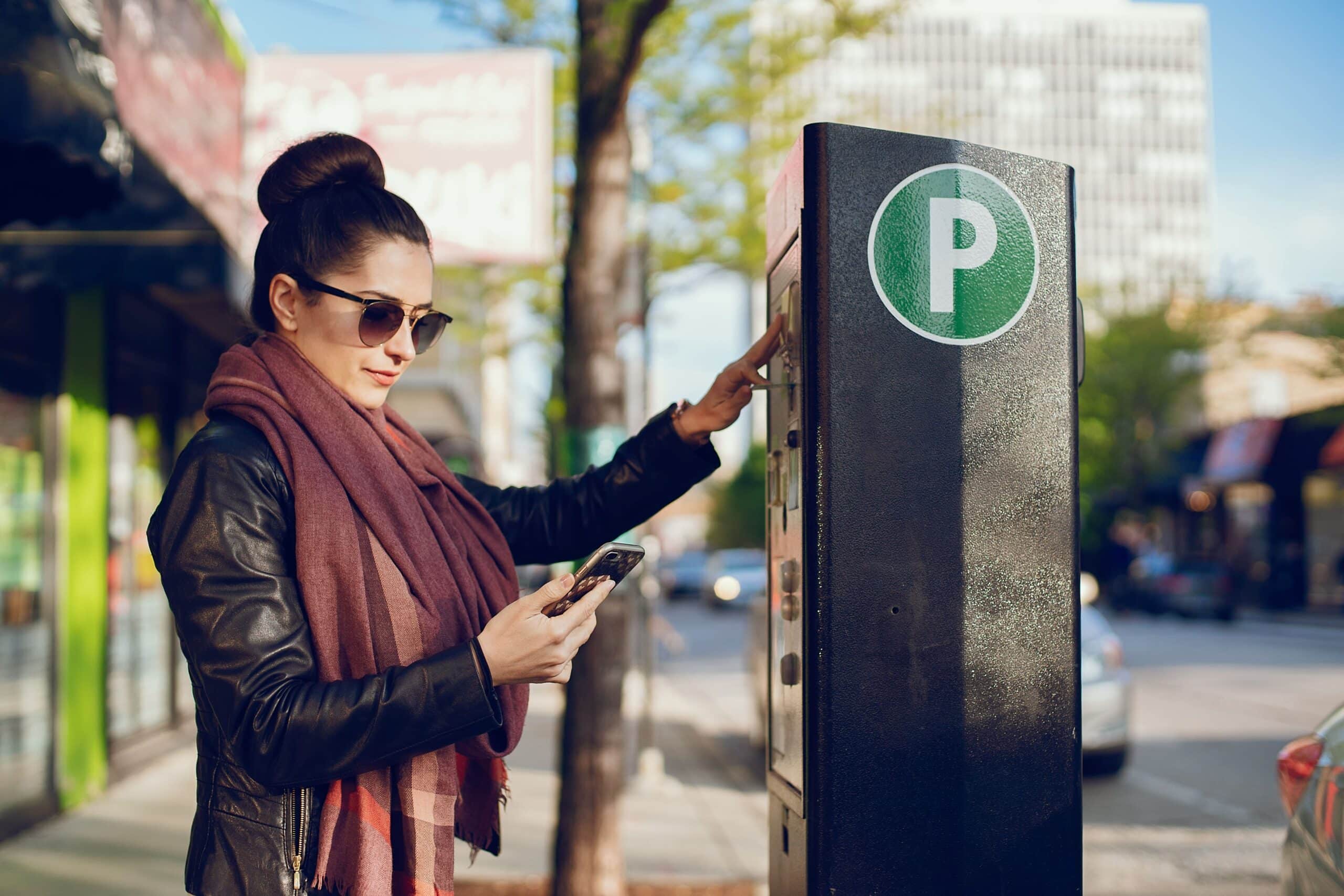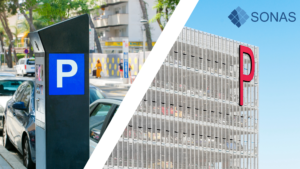What Happens if we Over-Rely on One Parking Solution
Worcester council recently found themselves in the spotlight after an estimated 1500 customers had their bank accounts wrongly debited. The issue arose from an error regarding contactless payments on parking terminals. One individual was incorrectly charged 19 times when they used contactless payment to pay a £2.70 parking fee. Another was charged up to £600, putting their account into an unarranged overdraft. This further resulted in local residents putting blocks on their bank cards to stop unauthorised payments. Bank card payments have been suspended from parking terminals, and customers have been advised to pay their parking fees with cash or via one of their parking solutions, such as Ringo.
In 2021, across the UK almost a third of all payments were contactless, up 36% from 2020. Showing a clear upward trend in the use of contactless. A further statistic from the BPA states that 13% of motorists find using apps and websites too confusing to use. So with customers now having limited payment options, it raises the issue of whether there’s a need within the parking industry to mitigate risks better.
So, what actually happened?
The council have placed the blame for this software glitch on their contractor, Flowbird. They manage the city’s parking machines on the council’s behalf. They have accepted full responsibility and reassured those affected would get their money back in full, including any bank charges. The council initially reported an issue to Flowbird about missing payments from the 29th of August to mid-September, which meant payments weren’t coming out of customers’ accounts. In its efforts to resolve the technical problem, Flowbird commenced sending delayed payment files relating to individual car parking sessions for the period to the Merchant Service Provider. The update then caused a bug to take extra payments from those paying via contactless payments. The broken software went from one extreme to another, from not charging customers at all to charging people multiple times.
Complaints started filing in straight away from angry motorists. However, the issue seemed to take much longer to fix than it should have. People still complained of unauthorised payments days after the council said they had blocked further unauthorised payments. This is also not the only occasion Worcester council have experienced similar issues. During September 2021 last year, motorists recall something similar happening, and locals are wondering how this could happen again. This raises the question, should local authorities or private operators rely on using only one supplier when many parking solutions exist? Or should the UK be following Europe in its use of multivendor parking?
Have They Come to a Resolution?
From the situation in Worcester, we see a clear example of how relying on one company can almost be disastrous when issues arise. This is due to parking providers’ limited control over situations arising from external parking solutions. Worcester Council has expressed its concerns over the matter, stating: “We would like to assure our customers that the matter continues to be a top priority for us, and we are having twice-daily meetings with Flowbird to ensure that we can keep people updated on the situation, which is sadly not being resolved as speedily as we would wish.”
So far, the issue has been going on for several weeks. Customers still don’t have refunds in their bank accounts. With the council expressing its frustrations with Flowbird not getting the issue resolved as quickly as they would like, we see how complications arise from relying on one supplier. Whilst the source of the issue has been identified, a solution to the problem is yet to be found. Card payments are still disabled on all machines. Currently, there is no timeframe to resolve this issue, leaving motorists with fewer payment options.
How Parking Solutions are affecting Payment Options?
As we continue to see a shift into going cashless, with some local authorities phasing out cash as a payment option and moving towards electronic payments for their parking, we are taking away another choice of payment. The volume of card transactions surpassed cash transactions in the UK in 2017. Additionally, digitalisation has seen the introduction of contactless and cashless apps. Why? For greater flexibility for consumers. As mentioned, some companies and councils are eliminating cash. In Worcester’s case, another fails; consumer choice becomes extremely limited. The result? Unsatisfied customers will look to take their custom elsewhere. Operators must provide consumers with multiple options, so we aren’t taking away opportunities and damaging customer experience.
Parking Solutions Forming an Open-Market
Parking Solutions like Ringo have expressed their desire to move towards an open platform for the UK’s parking industry. Instead, creating a multivendor platform enhances choice for motorists, increases competition and improves parking solutions in the marketplace. This infrastructure is common in Europe, and some UK local authorities, like Manchester City Council, are trialling the idea. The ability to mitigate risks increases as you are able to offer a wide range of payment options. Suppose one goes down (like what has now happened in Worcester). Contingencies with other providers ensure acceptance of all payment forms.
Creating a Solution?
To achieve this, the parking industry must build a common platform for all users. As this would be an entire industry change, it won’t happen overnight. Due to its complexity, the industry is resistant to change regarding a multivendor platform. Initiatives such as the Alliance for Parking Data Standards (APDS), established by industry figureheads including the BPA, are pathing an approach to connect the industry and all of its innovations seamlessly. Deployment at a national level is the only way, as resistance from parking operators creates barriers due to capital outlay and the internal management of such a complex network.
From a local authorities’ perspective, using a multivendor platform would raise questions about managing all revenue streams effectively. The solution is to use consolidation software to consolidate all payments onto one platform. A consolidation tool would allow the parking provider to capture all revenues, validate all transactions, and identify and resolve issues in a small timeframe. It would let operators see their combined revenues in one place. This would enable parking providers to imitate an open market with little internal infrastructure. These solutions manage the complex network on their behalf. Fundamentally, this approach would grant optimal consumer choice. And, when a problem arises, as in Worcester’s case, adequate controls are in place to identify and resolve errors.
Is Multiple Parking Solutions the Answer to Reduce Risk & Improving the Parking Industry?
We can see from the case in Worcester that relying on one provider can create problems, especially when things go wrong. If local authorities had even one more provider, the chance of losing out on a payment option would be significantly less. Furthermore, the possibilities it provides for consumers make parking more accessible. Although daunting for operators due to its large-scale nature, we can see that a consolidation tool could help. Being able to validate payments all on one platform would make using multiple parking solutions achievable. However, there is currently no drive to change the current infrastructure due to the fact it’s not broken, and the cost involved in the change would not be worth it for many operators, despite the benefits it would have for motorists.
The worry of how operators would manage all different types of revenue is also a clear issue. However, we can see clear solutions to these issues if the industry is willing to adapt. Like a consolidation tool, these solutions are what the parking industry needs to provide multivendor parking and allow options for motorists. Moreover, it would also help mitigate any risks from only focusing on one provider. In theory, it would have helped avoid the situation in Worcester, where cashless payments were out of service following an unfortunate software fault. Therefore, a multivendor platform would be beneficial to the UK parking industry. Still, until operators warm to this idea, we are unlikely to see much progress.






